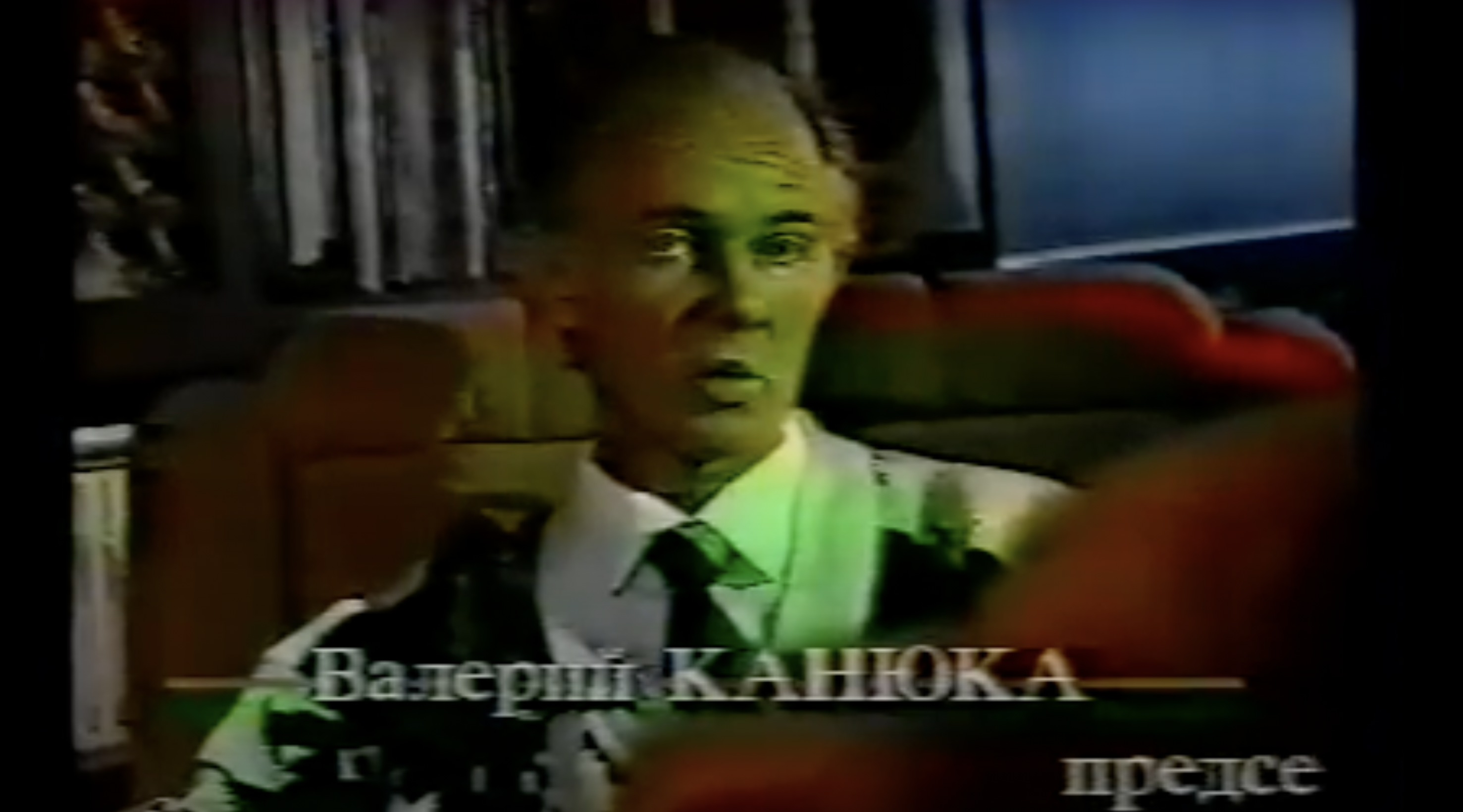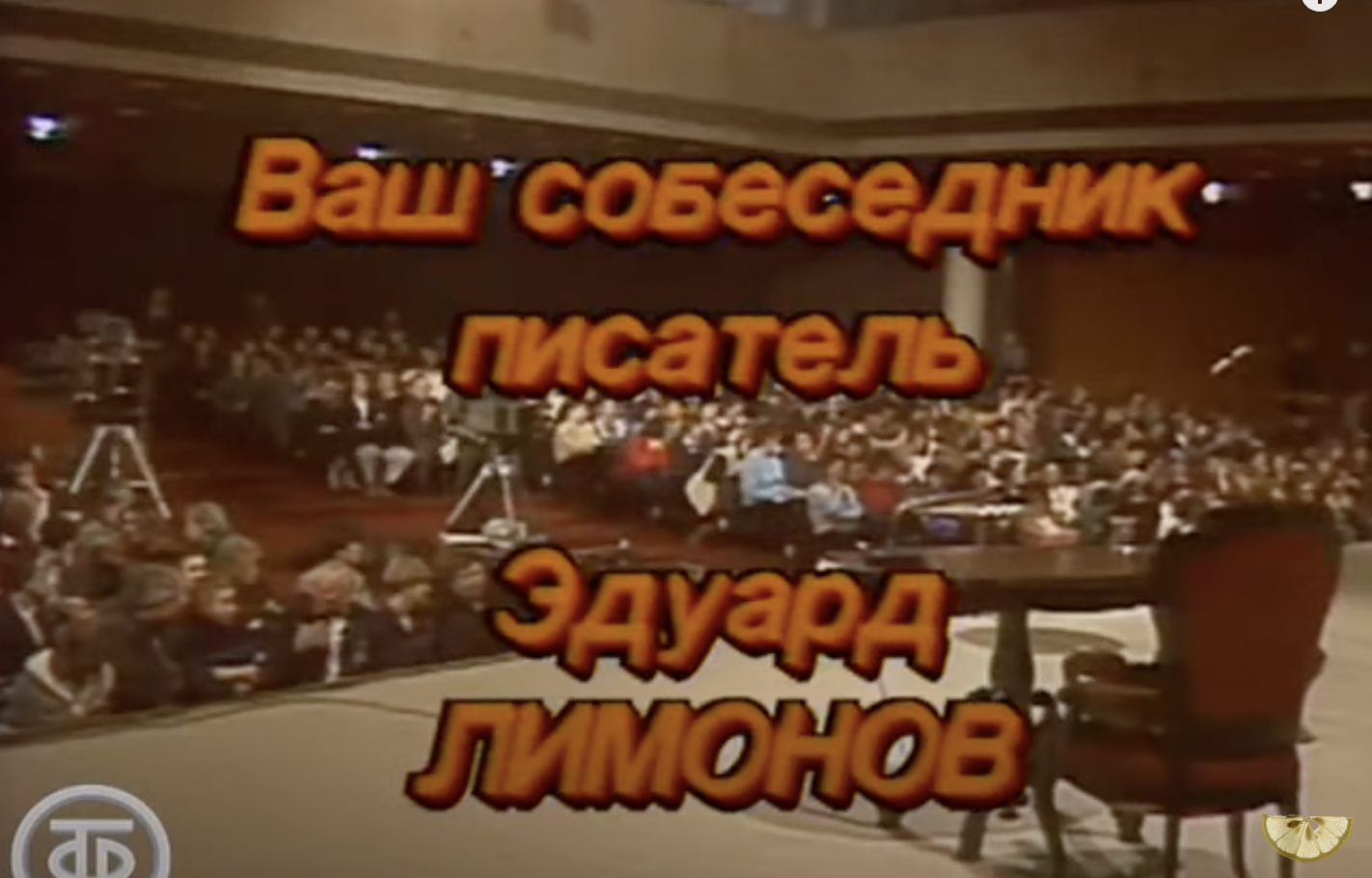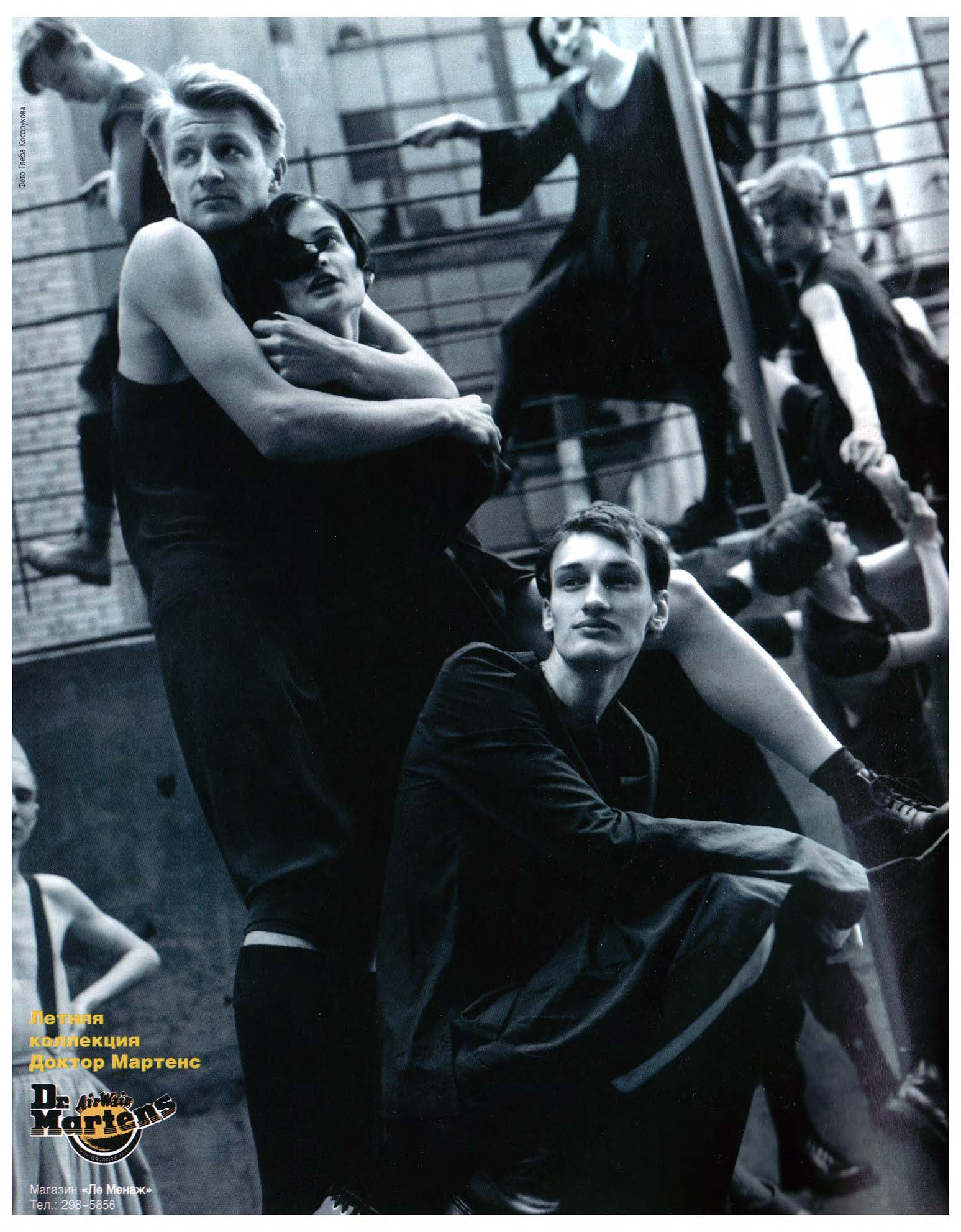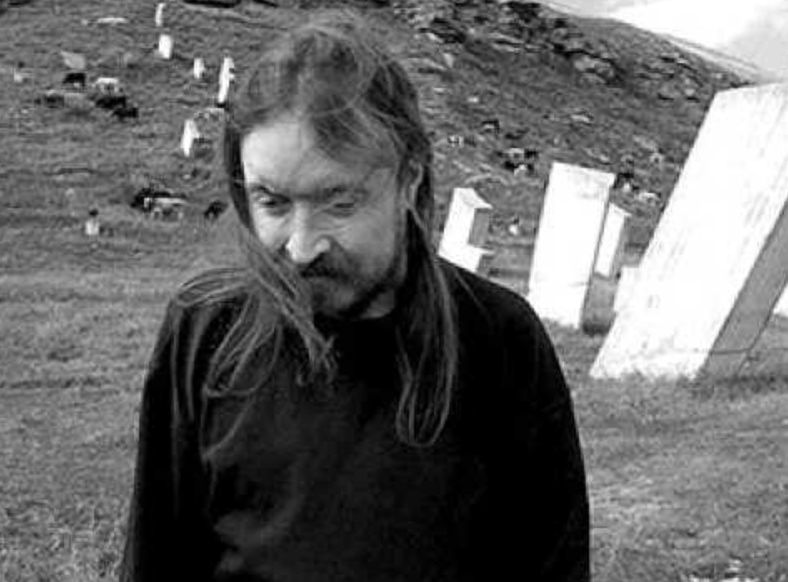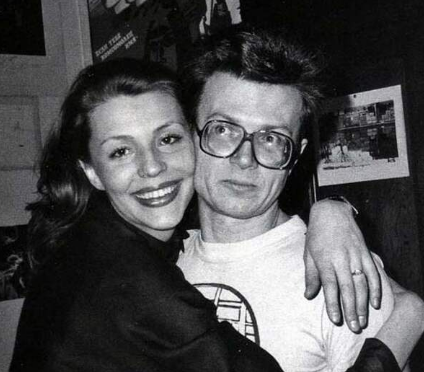Explore:
No preview available
"Only the Wildest and Craziest": Kuryokhin's Neo-Avant-Garde on the Russian Radio
An episode of Kuryokhin’s radio program “Vasha liubimaia sobaka [Your favorite dog],” also known as “Nasha malen’kaia rybka [Our little fish],” aka “Russkii liudoed [Russian cannibal].”
"The Mysteries of the Century": Post-Truth and Mystical Nazism on Russian TV
An episode from the TV program "Tainy veka" (Mysteries of the century), hosted by Yuri Vorobyovsky and Alexander Dugin. One of the first examples of post-truth on Russian television.
Limonov Becomes a Post-Soviet Nationalist Rock Star
During a 1992 “encounter” with the émigré writer Eduard Limonov at the concert hall in Moscow’s Ostankino TV studios (a common genre during perestroika), a young "neformal" (alternative kid) in the audience suggests creating a subculture made up of young “limonovians.”
Fascist Fashion Between Counterculture and Mainstream
Images from a photo shoot from the Polushkin Brothers’ Fash-Fashion collection, which alluded to both queer and fascist aesthetics. Images in the series appeared, respectively, in an ad for Dr. Martens in the lifestyle magazine “Ptiuch,” and as an example of the countercultural aesthetics of the National Bolshevik Party in the pages of its press organ, “Limonka.”
The World Made of Plastic Has Won
Yegor Letov (1964-2008) performs his song “Moia oborona” (My defense), during his “concert in the hero city Leningrad,” part of Grazhdanskaia oborona’s 1994 tour Russkii proryv (Russian breakthrough).
Let's Go To War!
The model, writer, singer, and TV personality Natalia Medvedeva (Limonov’s third wife) performs her song “Poedem na voinu!” (Let’s go to war!), a countercultural hymn romanticizing war, violence, and rebellion.
